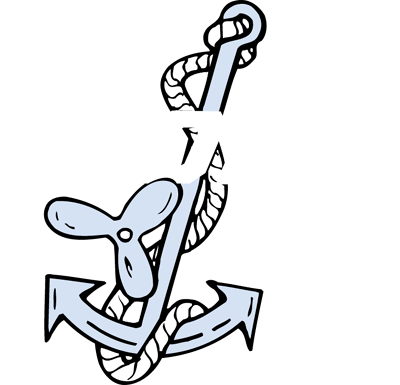Constructive Refusal to Submit Hair Sample Test Brings Deviation In Coast Guard Suspension Protocol
A recent case involving a river pilot has illustrated the circumstances under which the Coast Guard may be willing to undertake a “deviation” from its usual license suspension procedure. The practice in the pilot’s association was for the dispatcher to notify the pilot aboard ship that he should take a random drug screen test when departing the ship. In this case, that did not occur. Instead, after a long and delayed river transit, the pilot was asked when he passed through the pilotage office on his way home “are you available to go and take a random screen test?” The testing lab used was a 45-60 minute drive away. The pilot said “I can’t go now I have to get rest for a trip later tonight and into tomorrow.” The dispatcher told him he had 24 hours to take the test, to which the pilot replied: “I can take the test tomorrow, but you’ll have to take me off the list for the assignment tonight.” The dispatcher said she could not do that. The pilot took the pilotage assignment that night, and then after getting off, travelled to the collection site and took the test – which was a hair specimen test. The pilot tested negative. But because the elapsed time between the dispatcher’s initial notification and the time the pilot eventually took the test was around 48 hours, the Coast Guard charged the pilot with “Refusal to Test”.
The first element of interest to note in this case is the fact that Department of Transportation drug testing procedures do not apply and need not be followed for hair specimen tests because they are not covered by DOT regulations. USCG v. Kevin Gerod Lewis, APP. DEC. 2718 (2018), at 2. Despite the fact that hair specimen tests are not covered by DOT regulations, they are still actionable as an ”employer-directed non- 46 CFR Par 16 drug test”, and as such they are governed by the Coast Guard’s Suspension and Revocation procedures. See, e.g., USCG v. David Allen Dickerson, Decision and Order dated May 11, 2016 (ALJ Bruce Tucker Smith). But, because the testing requirements are not under 46 CFR Part 16, there will be no rebuttable presumption that a positive hair sample test result is proof that the mariner is a user or addict; instead, the Coast Guard will have the burden to prove: (a) that the hair specimen test employed is scientifically valid; and (b) that the mariner was a user or an addict. Id., pp. 8-9. As an point of interest, it is widely known that drug metabolites remain in a mariner’s hair for 40 days, sometimes longer, Lewis, supra, at 7, at whereas they are usually no longer detectable in blood or urine samples after 2-3 days.
In the case of the river pilot, when it was confronted with the unusual facts of the case, the Coast Guard volunteered to seek approval of a “deviation” from its normal protocol: It agreed to permit the mariner to submit to a second hair specimen test, and if negative, to return the license. The pilot tested negative, again, about a week later, got his license back, and returned to work. As part of the hybrid agreement, however, the pilot’s record will however show a one-year probationary suspension. The hybrid agreement was probably possible due to two factors: (a) the hair specimen test was not under normal DOT procedures and the Coast Guard apparently felt it had more leeway to deviate from its normal protocols; and (b) the fact that hair specimen tests can detect the presence of drug metabolite for up to 40 days, and sometimes longer, made it easier to argue that in delaying his first test, the pilot was not trying to buy time to let metabolites get out of his system, as might have been the case with a blood or alcohol sample.
